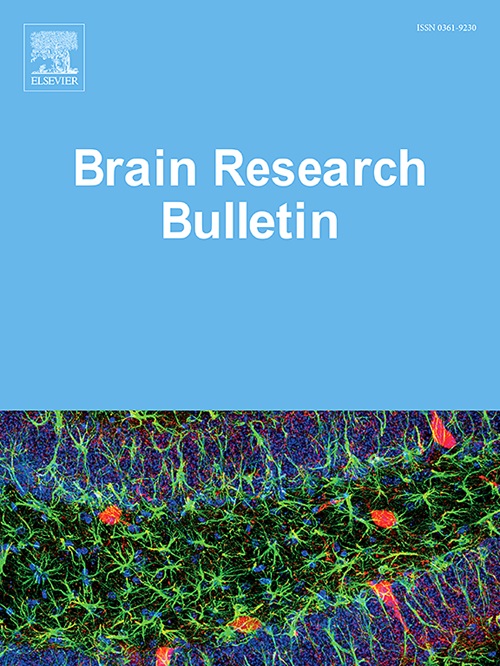Exosome-based platforms for treatment of multiple sclerosis
IF 3.5
3区 医学
Q2 NEUROSCIENCES
引用次数: 0
Abstract
Multiple sclerosis (MS) is a chronic autoimmune illness characterized by inflammation and demyelination of the central nervous system (CNS). The effective delivery of therapeutic agents to the CNS continues to be an important barrier in MS treatment due to the blood-brain barrier and limited access to the affected areas. Exosome-based drug delivery systems have become an attractive option for targeted therapy in MS. Exosomes, small extracellular vesicles derived from various cell types, possess unique biological properties that make them ideal nanocarriers for delivering therapeutic cargo to specific cell populations in the CNS. In this study, we supply a comprehensive overview of the current advances and future perspectives of exosome-based drug delivery systems for MS. We discuss the biogenesis of exosomes, strategies for cargo loading, engineering approaches to enhance their targeting capabilities, and the potential clinical applications of exosome-mediated drug delivery in MS therapy. Additionally, we explore preclinical studies and animal models that demonstrate the effectiveness of exosome-based drug delivery in ameliorating MS pathology. By highlighting the challenges and opportunities in utilizing exosomes as drug delivery vehicles, this review aims to contribute to the growing body of knowledge in the field of nanomedicine for MS. Considering the potential of exosome-based drug delivery systems to enhance the accessibility, specificity, and effectiveness of therapies while minimizing off-target effects might change the therapeutic scenario for MS.
求助全文
约1分钟内获得全文
求助全文
来源期刊

Brain Research Bulletin
医学-神经科学
CiteScore
6.90
自引率
2.60%
发文量
253
审稿时长
67 days
期刊介绍:
The Brain Research Bulletin (BRB) aims to publish novel work that advances our knowledge of molecular and cellular mechanisms that underlie neural network properties associated with behavior, cognition and other brain functions during neurodevelopment and in the adult. Although clinical research is out of the Journal''s scope, the BRB also aims to publish translation research that provides insight into biological mechanisms and processes associated with neurodegeneration mechanisms, neurological diseases and neuropsychiatric disorders. The Journal is especially interested in research using novel methodologies, such as optogenetics, multielectrode array recordings and life imaging in wild-type and genetically-modified animal models, with the goal to advance our understanding of how neurons, glia and networks function in vivo.
 求助内容:
求助内容: 应助结果提醒方式:
应助结果提醒方式:


